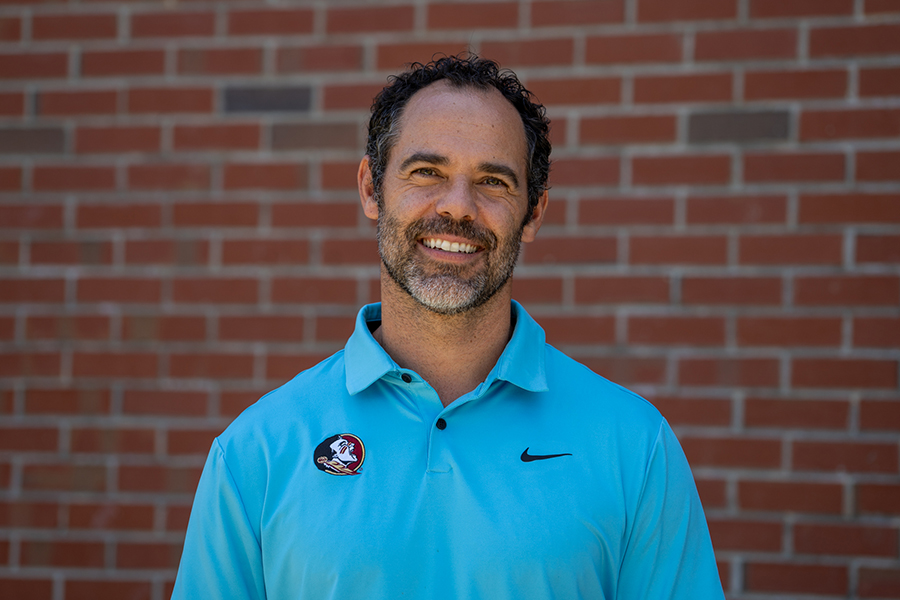
Millions of consumers look to social media for advice on weight management. In 2025, the “protein craze” is generating the most buzz for diet seekers, young and old.
According to the Mayo Clinic, protein should account for 10% to 35% of your calories, with calorie intake based on factors like age, weight, activity level and more. The New York Times recently created a “protein calculator” to allow users to discover their recommended totals based on federal guidelines.
As a result of the diet’s popularity, food companies have responded with protein-packed items ranging from shakes, candy, pancake mixes and more. Influencers on social media apps like Instagram offer high-protein recipes that rack up millions of views, bringing more ideas and engagement to users’ feeds.
Florida State University’s Michael Ormsbee is the director of the Institute of Sports Sciences and Medicine. Among his many areas of research is the role of macronutrient ingestion on fat metabolism and performance, focusing on how protein factors affect body development.
He has appeared in television interviews, popular health and sciences podcasts and other media to weigh in on nutrition advice backed by his research.
“A high-protein diet offers several evidence-based advantages, especially for individuals interested in improving body composition, strength and metabolic health,” Ormsbee said. “Unlike many trendy diets that restrict certain food groups or rely on unsustainable practices, a higher protein intake supports muscle retention during weight loss, enhances satiety and can help preserve resting energy expenditure.”
Media interested in expert guidance on the popularity of high-protein diets can reach out to Professor Ormsbee at mormsbee@fsu.edu.
Michael Ormsbee, graduate program director and director of the Institute of Sports Sciences and Medicine, Anne Spencer Daves College of Education, Health, and Human Sciences
One of the most common protein-packed items is protein powder. How essential is it when it comes to fulfilling your daily intake?
“Protein powder is convenient and practical, especially for people with busy schedules, higher protein needs or limited appetite. That said, it’s a tool, not a necessity. You can absolutely meet your protein needs through whole foods, but powders make it easier to hit targets. In the context of a well-balanced diet, protein supplements are safe, effective and well-supported by research, but they’re best thought of as an option, not a requirement.”
Are there any risks when it comes to consuming too much protein?
“For healthy individuals, consuming a high-protein diet — even well above the recommended daily allowance — has not been shown to cause harm to kidney or liver function. This is a common myth that’s been debunked by many clinical studies. In fact, even very high protein intakes (3–4 g/kg/day) are safe for trained individuals. That said, although recently controversial, people with pre-existing kidney disease should work with a health care provider. Keep in mind that excessive reliance on protein at the expense of other nutrients (like fiber, healthy fats or carbs for performance) could compromise diet quality.”
Why have high-protein diets become so popular?
“They’ve gained popularity because they work. People experience tangible benefits like increased satiety, better body composition and improved performance. There’s also been a shift in public understanding thanks to better education, strong science communication and professional organizations that have helped dispel myths. High-protein diets appeal across goals — whether you’re trying to lose fat, build muscle or age well — and they’re relatively easy to adopt without eliminating entire food groups. In short, they deliver results, and the science backs them up.”



